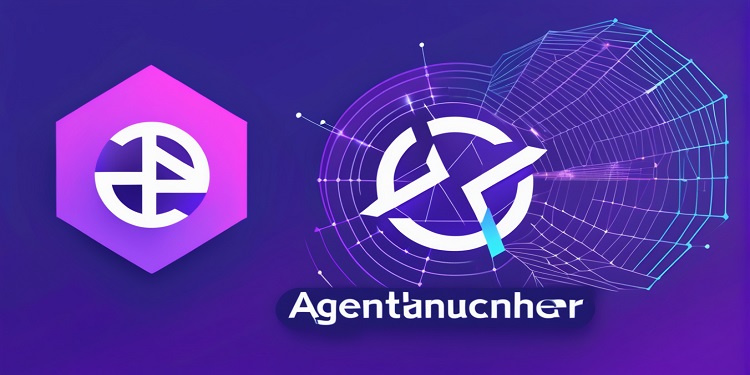Virginia has taken a notable stride towards embracing blockchain technology and cryptocurrencies, propelled by the recent approval of Senate Bill No. 339. This groundbreaking legislation signals a commitment to exploring and expanding the crypto ecosystem within the state through the establishment of a dedicated workgroup.
Building a Crypto-Friendly Environment:
Introduced on Feb. 5, Senate Bill No. 339 secured bipartisan support in the Virginia General Assembly. Sponsored by Senator Saddam Azlan Salim, the bill envisions creating an environment conducive to the growth of blockchain technology, digital asset mining, and cryptocurrency activities.
Miner Exemption and Bipartisan Support:
A key provision of the bill is the exemption of miners from obtaining money transmitter licenses, a move that eliminates a potential regulatory hurdle for entry. The Virginia House of Delegates unanimously passed the bill on March 4, demonstrating bipartisan agreement on the significance of fostering innovation in the crypto space.
Overwhelming Support and Workgroup Formation:
The bill received overwhelming support in the House of Delegates, with 97 members in favor, one against, and two abstaining from voting. This resounding approval underscores the acknowledgment of the economic potential and technological advancements associated with cryptocurrencies. The newly formed crypto workgroup consists of 13 members, including representatives from both the Senate and the House of Delegates, as well as non-legislative citizens with expertise in the blockchain industry and local government.
Setting a Deadline for Recommendations:
The workgroup faces a deadline of Nov. 1, 2024, to conclude its studies and present recommendations. These insights will be shared no later than the first day of the 2025 Regular Session of the General Assembly, offering policymakers actionable guidance for future legislative initiatives.
Virginia’s Crypto Landscape and Growing Interest:
While Virginia may not rank as prominently as other states in crypto promotion, it boasts a burgeoning community of investors intrigued by Bitcoin and Ethereum. According to CoinGecko, Californian internet users constitute a significant portion of Bitcoin and Ethereum web traffic searches, indicating widespread interest. Similarly, states like Illinois, Washington, Pennsylvania, Texas, Georgia, and Arizona also exhibit strong interest. Responding to this trend, Virginia contemplates allocating funding to support initiatives in artificial intelligence and cryptocurrency, highlighting its commitment to innovation and technological development.
Conclusion:
In conclusion, the approval of Senate Bill No. 339 marks a pivotal moment in Virginia’s journey towards embracing blockchain technology and cryptocurrencies. By establishing a dedicated workgroup and providing regulatory clarity, the state aims to attract investment, foster economic growth, and position itself as a front-runner in the ever-evolving crypto landscape.









